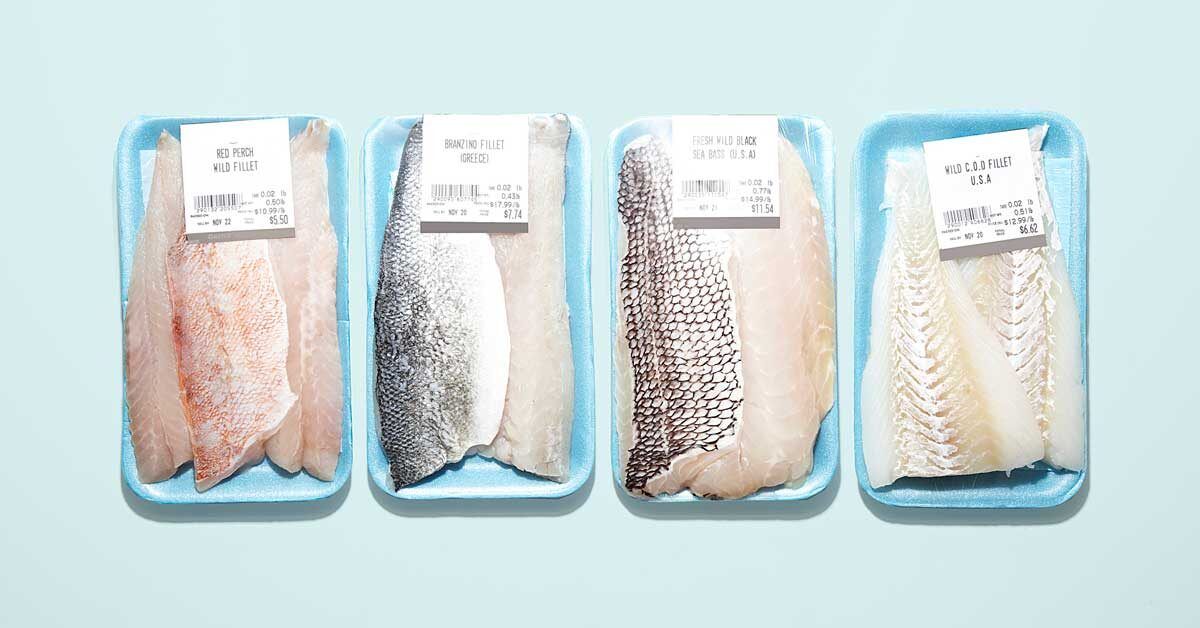Botanically, potatoes are a vegetable, but nutritionally, they’re mostly carbohydrates, which is probably why you won’t find them at the top of any “healthiest foods” lists. A medium-size russet potato with the skin contains 164 calories and 37 grams (g) of carbs, according to the U.S. Department of Agriculture (USDA). But spuds aren’t all bad — they deliver protein and fiber (5 and 4 g, respectively, in the same-size serving), are naturally fat-free, and are a good source of B vitamins and potassium.
While all white-fleshed potato varieties tend to be comparable nutritionally, they do have slightly different tastes and textures that work for different dishes. For example, russet potatoes have a light, fluffy flesh that makes them well-suited for baked potatoes. Yukon gold potatoes have a naturally rich, buttery texture that lends itself perfectly to creamy mashed potatoes. If it’s size that matters most for your dish, baby or petite potatoes could be the perfect fit. No matter which variety of potato you serve, in their natural form, they’re a great addition to a healthy diet.
RELATED: 10 Sweet Potato Recipes for Fall and Beyond
The real problem with potatoes tends to be how they’re served. In the United States at least, most of these tubers are consumed in a processed form: as potato chips, french fries, or other packaged products. Between 2017 and 2019, roughly 65 percent of all potatoes sold were used in processed food, according to a USDA report released in September 2020. Often, those preparations add fat and salt while stripping away nutrients like fiber. Meanwhile, restaurant baked potatoes come loaded with butter, sour cream, bacon, cheese, and even chili.
There are definitely better ways to prepare them, and a lot of reasons why you should. In one study, published in January 2020 in the British Journal of Nutrition, 50 healthy adults who ate nonfried potatoes every day for a month had a better-quality diet overall, and showed no adverse impact on cardiovascular health, than when they ate an equal amount of refined grains instead of potatoes. In fact, an even more recent study, published in June 2021 in Nutrients, indicated that the increased dietary potassium from baked or boiled potatoes helped lower blood pressure in 30 at-risk adults.
Potatoes tend to last longer than many other vegetables, and are a neutral base for so many other flavors. They’re also inexpensive, filling, and versatile enough to eat every day. Just remember to treat them more like pasta than lettuce when it comes to portions. These seven recipes will help you discover how to enjoy the healthier side of spuds.




:max_bytes(150000):strip_icc()/ChickenBreast-7c055ca42ace4670867b52b9ab642824.jpg)






